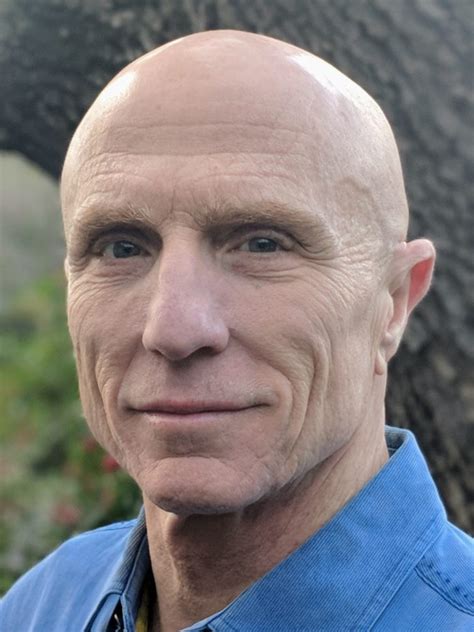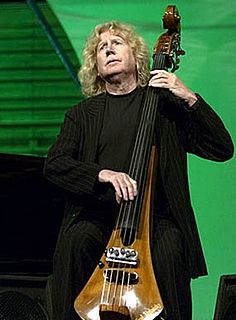A Quote by Sylvie Guillem
When you improvise alone, you don't risk a lot, but doing an improvisation when you are two is even more difficult because you need to listen exactly to understand what is going to happen.
Related Quotes
There are certain things in the scripts that need to be planned: you know, big stunt sequences, battle sequences... you can't improvise that stuff. You can improvise when there's just two of you standing in a kitchen and the most dramatic thing that's going to happen is someone's going to open the fridge.
As an actor, it's always important to understand what the director is after. That, to me, is my job. When I'm acting, I like to ask a lot of questions and understand exactly why the director is doing what they're doing, so that I can provide him or her with the ingredients that they need to get the scene that they want. It's not to challenge them, in any way. It's just so that I can do my job best.
The players start to recognise your game, start to know how you move, how you pass, how you shoot and the things become difficult now. So now I need to improve more and to work more and understand more the teams who I play against because they will understand me better, but I need to be prepared to understand better the difficulties they can have.
Improvisation, the main thing is it teaches you to be in the moment and present in the moment and be reactive and proactive for what's going on. Someone gives you something - a lot of actors are a little shut off, so they're just doing, "This is my character, these are my lines, I'm going to just send it to you then you send whatever you're sending." Improvisation teaches you to really be listening.
We are different. We are equal in every way but our voices are important to each other and our need to want to listen to each other and try to understand, because sometimes we are so difficult to understand. Men to understand us, and we to understand men. And we don't. We don't connect the way we should.
We have to understand in order to be of help. We all have pain, but we tend to suppress it, because we don't want it to come up to our living room. the most important thing is that we need to be understood. We need someone to be able to listen to us and to understand us, then we will suffer less, but everyone is suffering, and no one wants to listen. We don't know how to express ourselves so that people can understand. because we suffer so much, the way we express our pain hurts other people, and they don't want to listen.
Look, there’s nothing I’m ever going to tell you about me that’s the truth. The more you know about me, the shorter your life span is going to be. All you need to know is that I don’t miss. In fact, you don’t even need to know exactly how good I really am, because if you ever find out, you’re going to be dead. (Steele)
The risk of working with people you don't respect; the risk of working for a company whose values are incosistent with your own; the risk of compromising what's important; the risk of doing something that fails to express-or even contradicts--who you are. And then there is the most dangerous risk of all--the risk of spending your life not doing what you want on the bet that you can buy yourself the freedom to do it later.
We need more concept-development and active involvement, less tuning forks, pulleys, and friction formulas - students know they'll never use those. They need more study of outer space and DNA. They need more exciting teaching, more fair-minded encouragement, more career guidance, more mentorship. Both students and teachers need more feedback. It would help if we stopped protecting bad teachers - It's very difficult to get rid of even sexual perverts let alone just bad teachers.





































